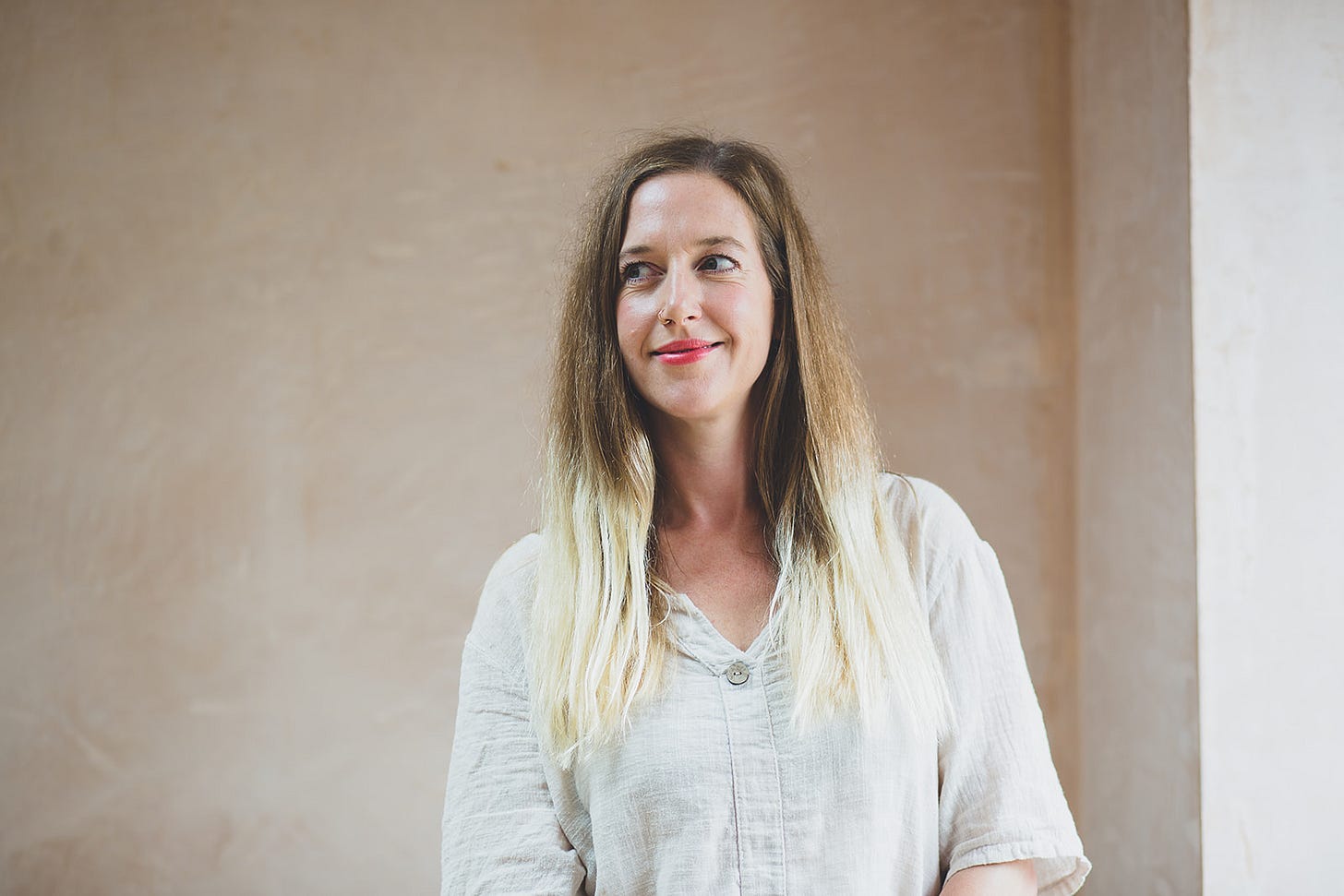Why mothers drink (and how to stop)
I've given up alcohol. It's not the first time, but I hope it will be the last. Now, I'm looking into why mothers drink and offering support to those who'd like to quit.
My daughter was three years old and at preschool, my son was a tiny baby and I’d had a really hard day.
I’d spent the morning being photographed for an article I was writing, and had gone to a pub for lunch with friends.
During the lunch, my baby had suckled and snoozed, and when it was time to walk home - a couple of miles; through Hackney Downs - he did…
Keep reading with a 7-day free trial
Subscribe to Annie Ridout to keep reading this post and get 7 days of free access to the full post archives.





